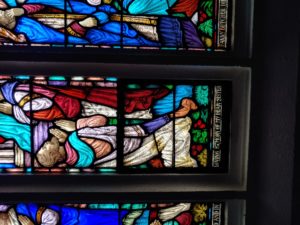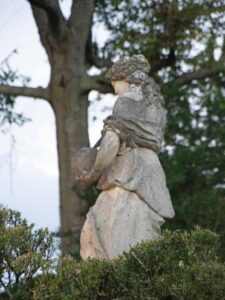If I speak in the tongues of mortals and angels, but do not have love, I am a noisy gong or a clanging cymbal.
Words have the power to shape reality, pointing us to what is good and holy and staring us in the face. Words have the power to maim reality, and wound all that is good and holy and seeking life. What I say to you and about you, what you say to me and about me – these words matter.
As I write, the airways are full of words and the Ukraine full of violence. A string of words from a powerful leader, words without love or thought for the lives that will be lost and damaged, has put this whole world on a dark path. The noise of gongs and the crashing of cymbals, the whistle of bombs and report of gunfire are in that string of words without love.
What words can I say or write? How can I speak a quiet word of love in the cacophony of loveless syllables? Without love, my words will add to the destruction – no matter how beautifully or cleverly I craft them.
I best watch my tongue and do my best to speak love in this time that most desperately needs to hear it.




